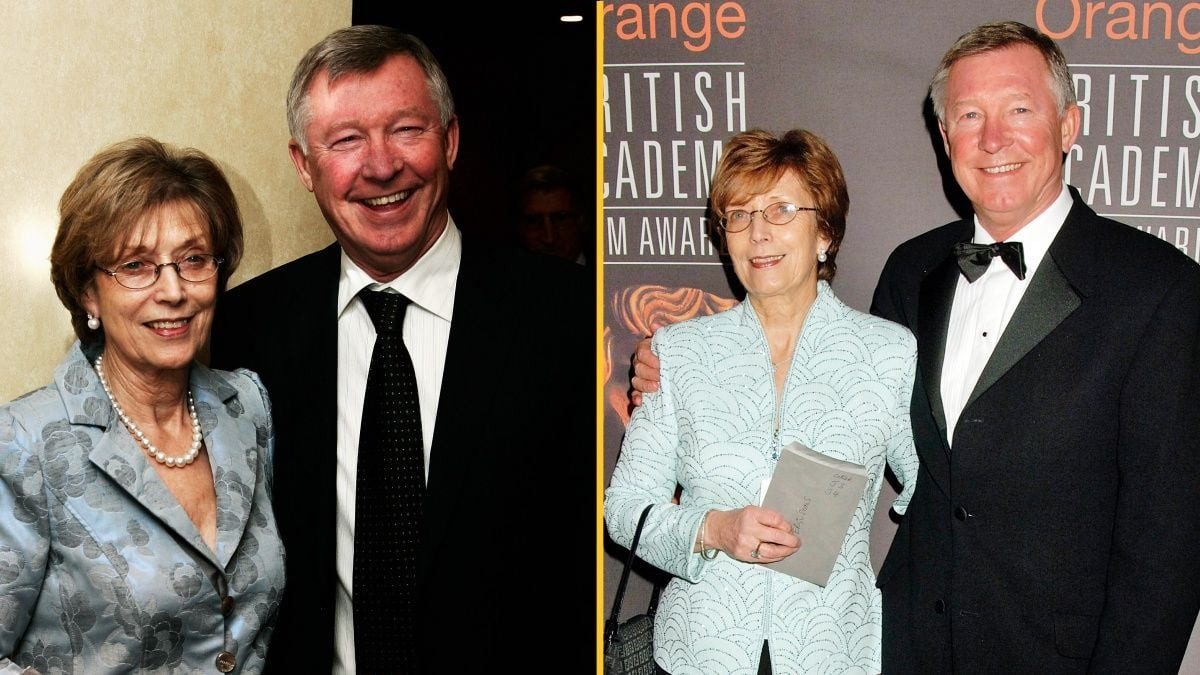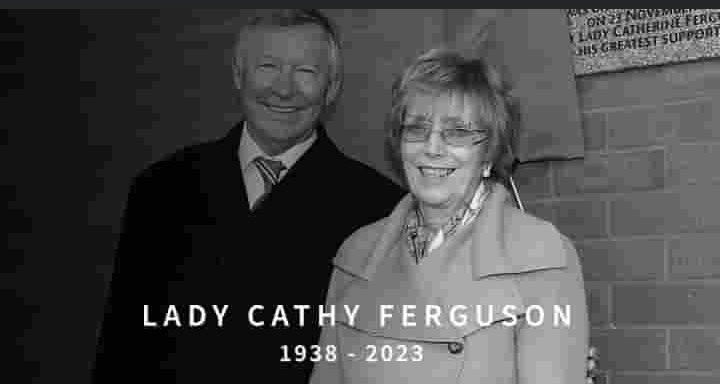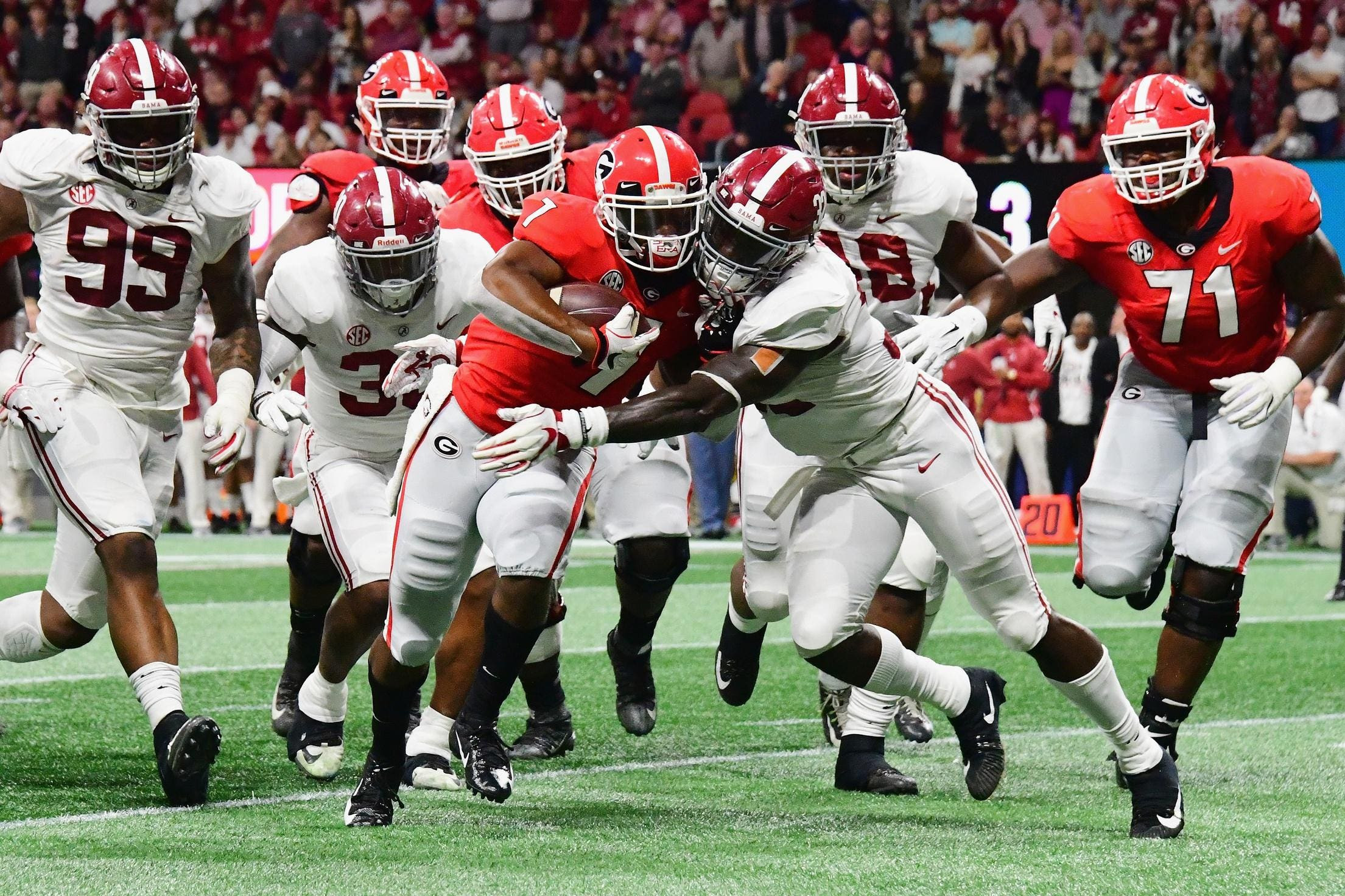Sir Alex Ferguson, the legendary manager of Manchester United, has opened up about his life after retirement in a rare interview, admitting that he sometimes misses the day-to-day of being a manager. In his first major interview in years, Ferguson spoke to BBC Breakfast about life post retirement. When asked how life is, he responded: 'Good yeah, I have been retired 11 years now so you find a way of adjusting.
'I miss it sometimes'
Ferguson, who won 38 trophies with United, including 13 Premier League titles and two Champions League triumphs, left the club at the end of the 2012-13 season after reclaiming the Premier League title from rivals Manchester City.
The iconic manager, 82, revealed that he still misses the excitement and intensity of big games, especially European finals. He said: "I think the first year after retirement, I went to the European final and I said to Cathy 'this is what I miss' - big games, the European games.
"So then I went to most of the European finals because I find something I can relate to, something I would liked to have done every day.
"Because these are the big events that United should always be involved in."
Ferguson's comments come as Manchester United continues to struggle for success since his departure, with a number of managers failing to replicate the success he achieved at Old Trafford. Since his departure in 2013, United have struggled for silverware and consistency, with David Moyes, Louis van Gaal, Jose Mourinho, Ole Gunnar Solskjaer and now Erik ten Hag all taking permanent charge at Old Trafford.
Despite their struggles, Ferguson still regularly attends Manchester United games both home and away, and at Old Trafford he has had a stand named after since 2011. He also has a statue outside the stadium which was unveiled by his late wife Cathy.
Ferguson's interview also touched upon his fear of losing his memory after witnessing his former Manchester United teammates, Bobby Charlton and Denis Law, suffer with dementia. Ferguson, who himself suffered a brain haemorrhage in 2018, said: 'I'm 82, obviously I worry about it. Genuinely my memory is quite good, praise the lord, touch wood - I don't know if it will stay that way.
'But I worry about it, 100%. I would be lying if I felt I was anywhere different.'
The football legend highlighted the increasing evidence of a link between football and dementia. In October last year, Charlton passed away aged 86 after a battle with dementia, while Law is suffering from Alzheimer's disease at the age of 84. Ferguson said he tries to keep his mind active through reading and quizzes, adding: 'I read a lot, I do quizzes, and I think that helps, there is the YouTube quizzes with 100 questions and if I don't get 70 per cent I'm struggling.'
[Ferguson also spoke candidly about the loss of his wife, Cathy, who died last October. He said: 'Well, 58 years is a long long time, she was a great great wife, a fantastic mother and a great grandmother.
'She was the leader of the band, no doubt about that.'](https://www.independent.co.uk/tv/sport/alex-ferguson-dementia-wife-retirement-b2616082.html)
In his autobiography, Ferguson described Cathy as "the bedrock of the family" and acknowledged her crucial role in his success. He wrote: "This is more than I could have asked for and they have turned out to be fantastic sons and fantastic people. We have all got to thank her for being such a great wife and mother. It has always been Cathy's way to stay in the background.
"But now it is time for her to accept some limelight. I gratefully acknowledge her role in any success I have had. Without her down-to-earth attitude to life and her unstinting support none of it would have been possible."
Ferguson's interview serves as a poignant reminder of the lasting legacy of one of football's greatest managers. He remains a beloved figure at Manchester United, with his influence still felt at the club today, even in his absence. Ferguson's concerns about dementia also underscore the ongoing need for research and awareness around the condition, which is impacting athletes and their families worldwide.
Life After the Touchline
Sir Alex Ferguson's retirement has marked a significant shift in the football landscape. The once formidable manager, who led Manchester United to a golden age, has embraced a new chapter, one where he can reflect on his achievements and navigate the challenges of life beyond the touchline. Ferguson has transitioned from the relentless pressure of managing a football club to the slower pace of life, adjusting to a new routine and finding ways to keep himself busy and engaged. Despite the quietness of retirement, Ferguson has not entirely distanced himself from the game he loves. He still attends matches, offering his support and expertise to the current crop of players and coaches. However, his role has changed. He is no longer the one calling the shots, making the decisions that shape the club's future. Instead, he is a mentor, a guide, offering his experience and wisdom to those who seek his advice.
Ferguson's retirement also coincides with a period of uncertainty at Manchester United. The club has struggled to maintain its dominance in the Premier League, failing to consistently challenge for the title and enduring several managerial changes. Ferguson's presence at games serves as a reminder of the club's glorious past, a time when success was expected, and ambition was boundless.
It is a testament to Ferguson's enduring impact on the club that he is still sought out for his perspective and guidance. He remains a figure of respect and admiration, his legacy as a manager unmatched by any other in the history of Manchester United. In a world of constant change, Ferguson's absence from the managerial ranks is felt deeply. The game has lost a giant, a master strategist, and a leader who embodied the spirit of Manchester United. But Ferguson's story is far from over. He continues to shape the future of the club, offering his wisdom and guidance, reminding everyone of the values that made Manchester United great.
Looking Back, Looking Forward
Sir Alex Ferguson's journey from the bustling football pitch to the quieter moments of retirement is a testament to his resilience, his passion for the game, and his commitment to the club he served for so long. He has navigated the challenges of retirement with grace and humility, finding new ways to contribute to the game he loves. His words about missing the big games and his concerns about dementia remind us of the complexities of life beyond the touchline. However, his legacy as a manager, a leader, and a human being remains strong. He has left an imprint on the history of football, inspiring generations of players and managers to strive for greatness. His story continues to inspire, reminding us that even after the final whistle blows, there is still much to be achieved, and much to be given back to the game that gave so much.


















